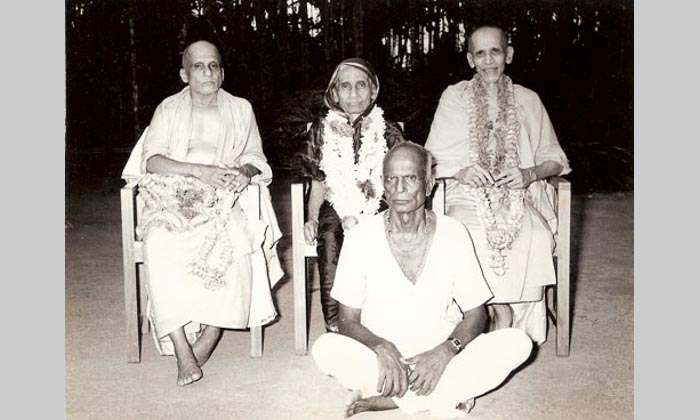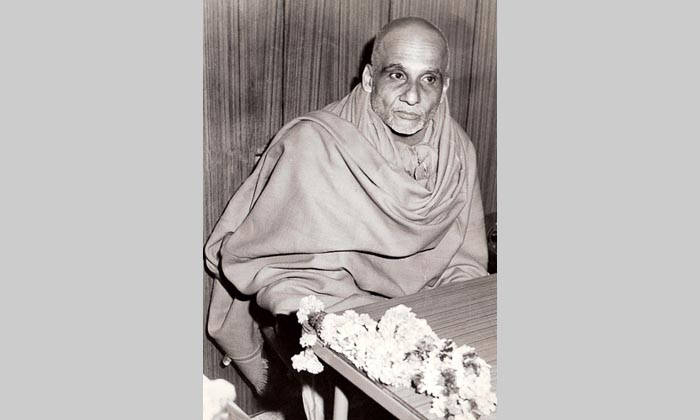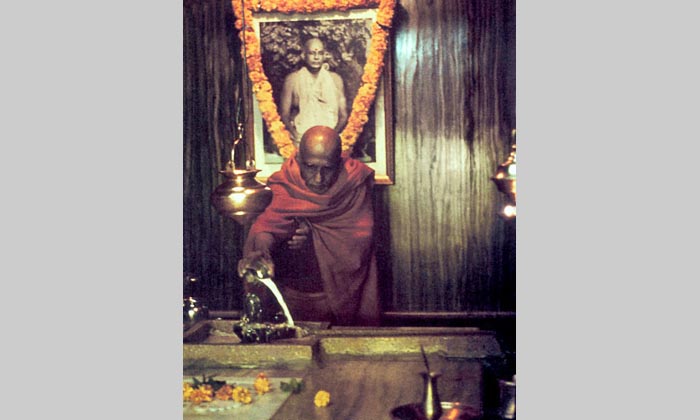The Spiritual Import of the Mahabharata and the Bhagavadgita : 15-6.

Chapter 15: The Rarest of Devotees-6. That seeking of God as the ultimate goal of love, devotion and aspiration is the ananya bhakti that is mentioned in this verse of the Bhagavadgita. And in the case of those devotees, who are rare to find in this world, it is God’s responsibility to take care of them. The Yoga Vasishtha says that as the solar system is taken care of by powers that are not human, as the planets move in their orbits systematically by the ordinance of a force which is not man made, as the universe is maintaining its balance by a power we cannot think of in our mind, that power shall take care of us also. Why not? If the whole solar system can be sustained in mathematical precision and utter perfection, unthinkable to the human mind, how is it that that power cannot take care of a human being? It shall, and it always does. So the great promise that is divinely bestowed upon us here, in this majestic utterance, is that not only shall we be provided with everyth...







